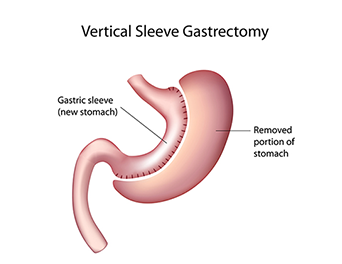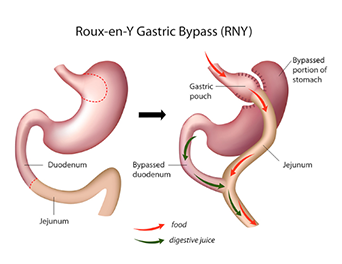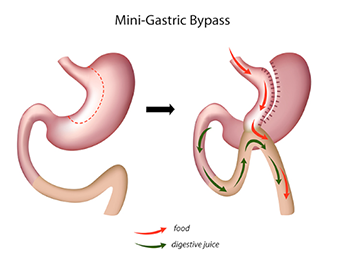
Quality sleep is crucial for general health. During your sleep cycle, your body rests and repairs itself. As a result, decrease in stress, increase in energy, developed hormone production and many other situations arise. Patients with obesity are under high risk of sleep apnea.
The Relationship Between Obesity and Sleep Quality
Overweight patients can have hard times resting while sleeping. Sometimes they even cannot lie down, they sleep while sitting. Obesity affects sleep quality as a stress source. Most obesity patients experience reflux or sleep apnea and they are important factors that negatively affect a night.
A quality sleep is very important for hormonal system. A good night sleep helps regulate the metabolism, stress management, hunger control and more. For this reason, sleeplessness can increase body weight. Obesity and low sleep quality together have serious negative effects on your career, your mood and energy levels.
Obesity and Sleep Apnea
One of the primary reasons for obstructive sleep apnea is obesity. When one gain weight, soft tissues behind the throat can expand. When body is relaxed, these tissues can reduce the amount of oxygen entering the body. Untreated sleep apnea can cause many serious health complications as heart diseases, diabetes, seizure, and more. In many cases, losing weight is a significant treatment for getting rid of the sleep apnea symptoms.
Signs of sleep apnea;
- Waking up without getting rested,
- Chronic headaches,
- Severe snoring,
- Daytime fatigue and snooze,
- Mood swings or anger,
- Lack of concentration
Of course, patients do not undergo bariatric surgery just to fix sleep apnea. But sleep quality is a factor that affects life quality and weight control directly. Reducing the negative effects definitely an advantage of the treatment.








